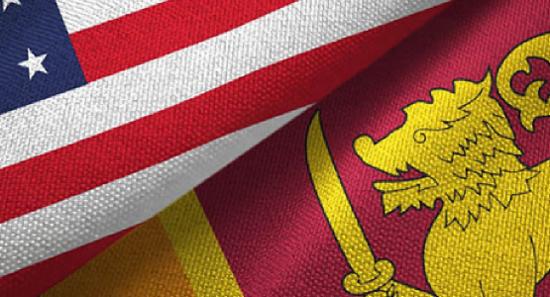.webp)
-716343.jpg)
Pakistan President names April 30 as date of Punjab Provincial Election after Supreme Court order
Colombo (News 1st) - The furious back-and-forth battle surrounding Pakistan's political and economic future appeared to take another democratic step forward with the country's President, Dr. Arif Alvi, on Friday naming April 30 as the fresh date for elections in the largest province - Punjab where more than half the population live - two days after the Supreme Court ordered elections to be held in two of the four provinces within 90 days.
Pakistan’s Supreme Court on Wednesday ordered that elections must be held, despite the government stating that it lacks funds for the polls, with the date for Punjab to be set by the President and that of the Province of Khyber Pakhtunkhwa to be set by the Provincial Governor. The Elections Commission of Pakistan then reported to the President that it was ready to hold the Punjab election between April 30-May 7. The Governor of Khyber Pakhtunkhwa has not yet set a date for elections in that province.
Punjab is Pakistan's largest province with 110 million of the country's 214 million population (2017 estimate). Khyber Pakhtunkhwa in the country's northwest has 35 million people and is the third largest province.
The Supreme Court order appeared to resolve a constitutional crisis when President
Alvi earlier unilaterally set a date for elections after the Elections Commission of Pakistan failed to set a date following refusals by the Finance Ministry to provide funds for the election, and the Defense Ministry refused to provide security for the polls.
Ruling party politicians condemned the President’s unprecedented action.
The Elections Commission of Pakistan says it needs 15 billion Pakistani rupees (USD 57 million) for the two provincial elections.
The Pakistani government is in deep financial trouble as it is heavily in debt to China and other global lenders, and has sought an emergency bailout from the International Monetary Fund (IMF). Skyrocketing inflation caused by financial instability has caused deep political instability. However, the Supreme Court set aside all these objections and determined that the democratic rights of the people in the two provinces were paramount.
The dramatic and unprecedented developments are the latest escalation of the power struggle between deposed Prime Minister Imran Khan's hardline Pakistan Tehreek-e-Insaf (PTI) party and current Prime Minister Shehbaz Sharif's moderate Pakistan Muslim League (PML-N). Khan, a global cricket star turned politician, was Prime Minister from 2018-2022, but was removed from office by a no-confidence motion in parliament last April and replaced by Sharif.
President Alvi is a senior leader of Khan's PTI party. Under Pakistan's system of governance, the President is the ceremonial head of state with limited powers that include command of the armed forces, while the Prime Minister is the executive head of government.
Khan is attempting to win both provincial elections and force Prime Minister Shehbaz Sharif to dissolve the nation's parliament and call early parliamentary elections, which Khan hopes to win. PM Sharif's party is widely seen as attempting to delay or block provincial elections, in order to stay in power nationally.
Both provincial assemblies were earlier controlled by Khan's party. The Punjab Provincial Assembly was dissolved on January 14, 2023, and the Khyber Pakhtunkhwa Provincial Assembly was dissolved on January 18 2023 by their respective provincial governors at the requests of their Chief Ministers, who are members of Khan's party.
The Elections Commission of Pakistan is required by the constitution to fix election dates for the two provinces within 90 days of their assemblies being dissolved.
Other Articles
Featured News





.png )





-797731_550x300.jpg)




-797273_550x300.jpg)


















.gif)